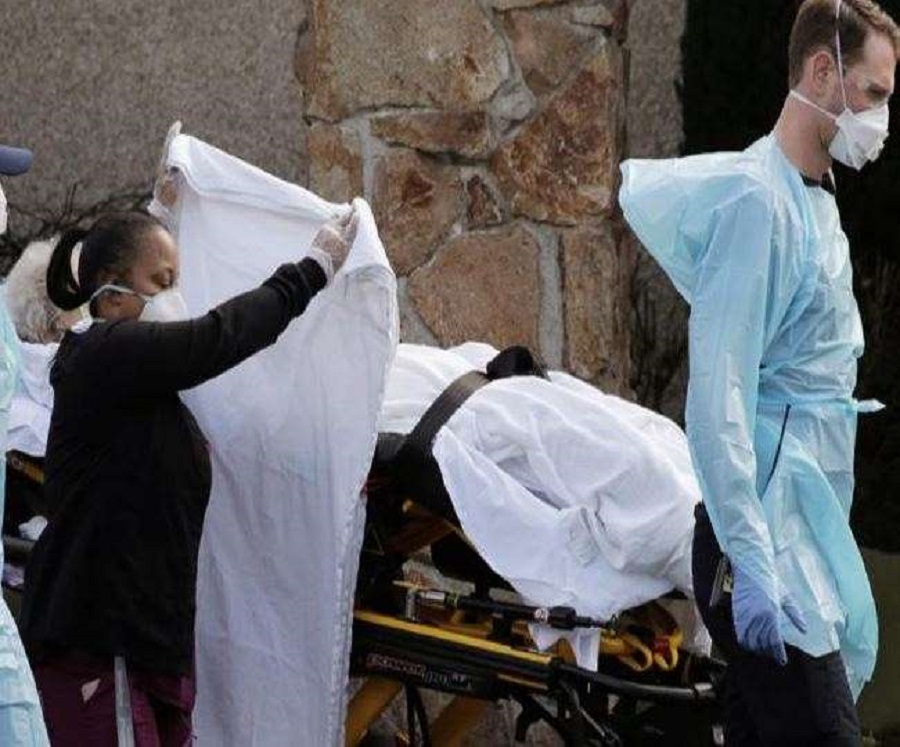

LONDON:
Strategies for the safe reopening of low and middle-income countries (LMICs) in response to the ongoing Covid-19 pandemic must recognise that preserving people”s health is as important as reviving the economy, say researchers, including one of Indian-origin.
In the study, published in the European Journal of Epidemiology, the research team examined three community-based exit strategies, and recommended their scopes, limitations and the appropriate application in the LMICs. The three approaches considered are sustained mitigation, zonal lockdowns and rolling lockdowns. “Successfully re-opening a country requires consideration of both the economic and social costs,” said study lead author Rajiv Chowdhury from the University of Cambridge in the UK.
“Governments should approach these options with a mind-set that health and economy both are equally important to protect – reviving the economy should not take priority over preserving people”s health,” he added. The study also revealed that strategies need to be based on the local epidemic growth rate at the time, social and economic costs, existing health systems capabilities and detailed plans to implement.
Sustained ”mitigation-only” approaches such as those adopted in the UK, Switzerland and other European countries, involve basic prevention measures such as mask-wearing, physical distancing and the isolation of positive cases after testing. Zonal lockdowns approach involves identifying and ”cordoning off” new outbreak clusters with a high number of cases, keeping contact between zones and containing the disease within a small geographic area.
However, the authors point out that any successful implementation of zonal lockdown requires regular data feedback operations in real-time to identify hotspots, including information on newly confirmed cases, updated region-specific reproduction and growth rates, and deaths by age. Additionally, control of transmission within zones may be an enormous undertaking. For example, in India, where this approach has been employed, the infection size within a cordoned zone can be as high as 100-200 times outside the zone.
Intermittent rolling lockdowns are now advocated by the World Health Organisation (WHO) in various LMICs. These involve implementing strict social distancing for a set number of days before a period of relaxation. Rolling lockdowns may be particularly useful in LMICs with dense populations, where this is a high potential for contact, weak health systems and poor contact tracing.
“These three strategies should not be considered as one or the other. A country should further adapt and could combine them as needed,” the authors wrote.
more recommended stories
MADRID:The Ghanaian government has confirmed that.
NEW YORK:US President Donald Trump said.
CALIFORNIA:An F-35 fighter jet of the.
LONDON:More than 100 flights were cancelled.
DHAKA:Bangladesh’s former Chief Justice A.B.M. Khairul.
LONDON:In a historic breakthrough, India and.
KUALA LUMPUR:What began as a quiet.
WASHINGTON:US President Donald Trump said his.
DHAKA:In a heart-wrenching tragedy that shook.
BAGHDAD:The death toll from a devastating.